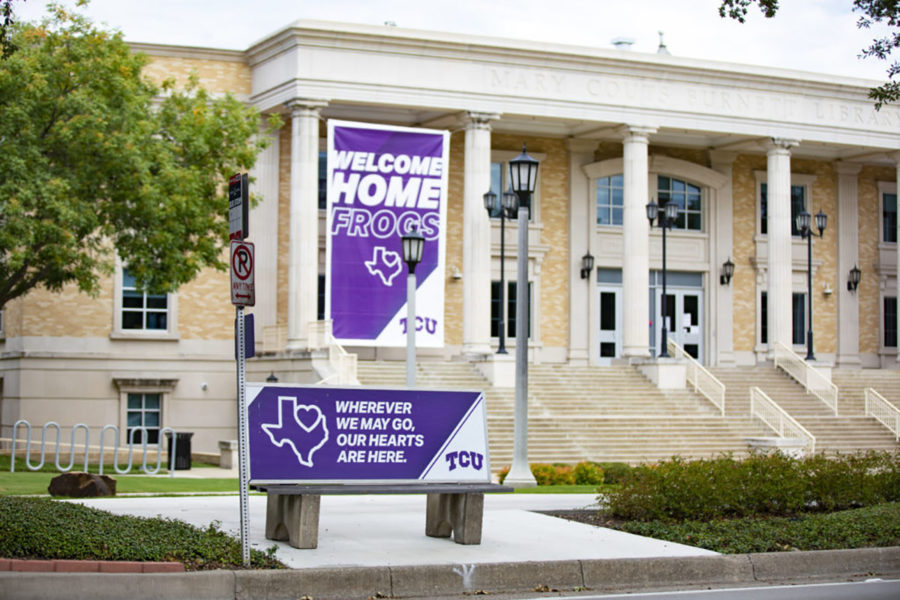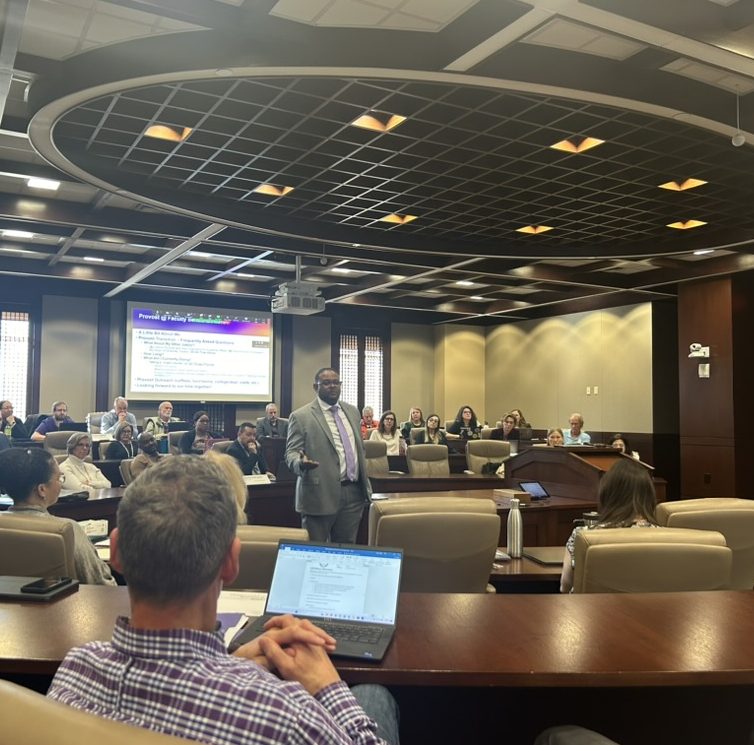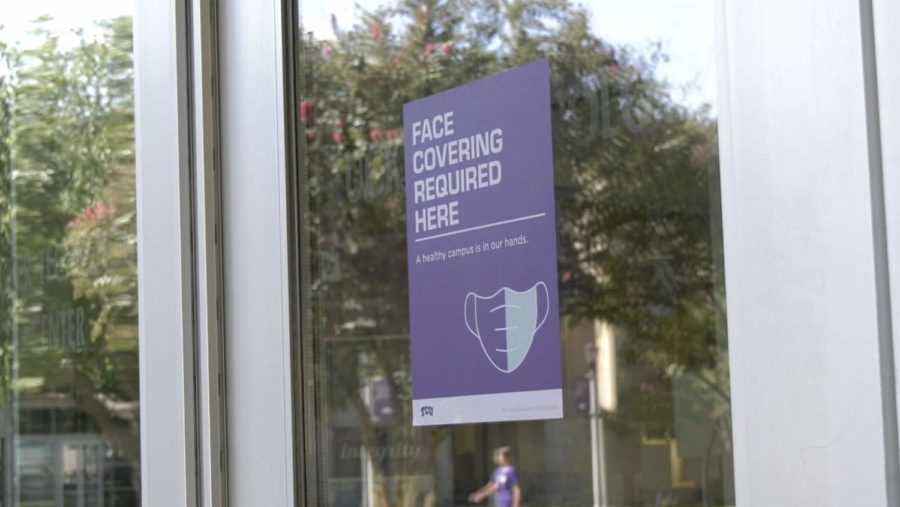The fallout from COVID-19 is causing a $90 million shortfall in TCU’s operating budget.
Chancellor Victor Boschini outlined the university’s position Wednesday in an email to faculty and staff.
The shortfall, about 16% of the university’s $558 million budget, results from a “slight decrease” in enrollment, increases in financial aid for online classes and need-based aid, and changes to athletic programs with lower anticipated revenues, Boschini wrote.
The official enrollment level will be determined the 12th day of class.
Boschini explained that if the pandemic causes “significant decreases in campus-wide activity,” there could be changes such as modified schedules, furloughs or reductions in full-time positions.
Some of those reductions could be included in the Phased Teaching Load incentive program for faculty and the Voluntary Incentivized Retirement Program (VIRP) for staff. Those who are eligible for the VIRP are able to take an early retirement in exchange for a lump sum benefit.
So far, TCU has identified cost reductions totaling $58 million in employee benefit changes, a freezing of open positions, a deferral of merit increases and decreases in costs, especially related to travel, food and shuttle services. This leaves $7 million for the vice chancellors to find as offsets to the increased financial aid.
Of the $90 million shortfall, $65 million, or 12% of the operating budget, is expected to become a permanent cut in the budget in fiscal year 2022. This is meant to make the university more affordable, come closer to matching the financial aid resources of its aspirant schools and enroll a more diverse student body, Boschini wrote.
“We can expect that lower tuition increases coupled with increased financial aid offerings will continue as a part of our new normal,” he wrote.
In addition, the university is making these changes to prepare for an “enrollment cliff” in 2026 stemming from the “baby bust” associated with the 2008 financial crisis.
In November 2019, the Board of Trustees tasked the university to fulfill the following goals over the next three years:
- Increase financial aid to become competitive with the country’s best schools in attracting top-performing students and a more diverse student population;
- Bring down tuition increases, which have spanned from 4.8% to 8% over the past 10 years, to 3% or lower;
- Keep the 14-to-1 student ratio in accordance with its plan for responsible enrollment growth;
- Build the endowment to $3 billion, with a focus on raising scholarship funds;
- Examine academic programs, investing in the ones with the greatest potential effect and exploring new ones that generate revenue;
- Emphasize long-term financial sustainability by reducing debt and reallocating resources to strengthen TCU and expand its reach.
“Now, we focus squarely on the future, knowing that the tough decisions and actions we take this year will determine our ability to be one of the top American institutions that come through these tumultuous times even better positioned for long-term success,” Boschini wrote.












